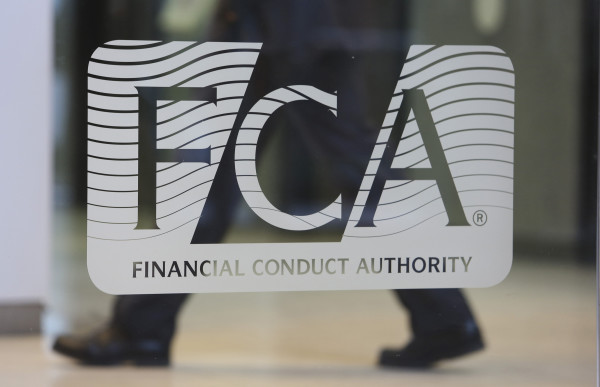

In response to a freedom of information request submitted by FTAdviser, the watchdog revealed it doesn’t collect market-wide information on financial advisers' charging structures.
The regulator stated that while - as part of its supervisory work - it might conduct file reviews, undertake visits to the firms it regulates and collect information on firms’ charging structures, this information “isn’t aggregated into a specific category of charging structures”.
In a consultation paper published on Tuesday (July 30), the watchdog stated that given the advantages of defined benefit pensions, the proportion of consumers being advised to transfer out was too high.
It therefore proposed a ban on contingent charging, with exceptions for specific groups of consumers in certain identifiable circumstances, such as people suffering from serious ill health or experiencing serious financial hardship.
Simon Harrington, senior policy adviser at adviser trade body Pimfa said he was worried about that the lack of information from the FCA in this area.
He said: “We hope that any recommendations that the regulator has made to implement a ban have been made with a full understanding of the make-up of the market, rather than extrapolating a cross section and projecting it onto the market in its entirety.
"That the regulator apparently cannot say for certain how many firms charge contingently – or even what percentage of the total market – is a cause for concern."
Contingent charging means a client only pays for the advice if they go ahead with it, which the FCA is concerned could create a conflict of interest and in the pension space could lead to more people being told to transfer out of their defined benefit schemes.
The FCA decided against a ban on contingent charging in October, despite finding widespread problems in the suitability of pension transfer advice, which often featured the charging method.
But the industry has been divided on this issue, with the Work and Pensions select committee warning it will push for legislation on a contingent charging ban if the FCA did not act.
The regulator has defended its decision to change its mind and impose a ban, even if it didn’t have whole of market data.
Edwin Schooling Latter, the FCA’s director of policy, told Financial Adviser that the regulator was aware that contingent charging was “by far the most common model" of advice firms fee structures.
He said: "We have done a data collection across the whole market that produced this figure of 69 per cent of customers that take advice to transfer, which is far higher than we think could be justified by those client’s circumstances.
"Where we have looked into individual files, which we have done for quite a large sample of firms where we thought advice looked questionable, we could find that even on the basis of what was recorded on the files by the firm, only half of that advice was suitable. We think that is a very strong evidence to say that something needs to be done here."
The watchdog has suggested that its intervention may result in "some advisers withdrawing from the market and some consumers being unable to afford or access advice on whether to transfer".
In the contingent charging ban consultation paper, the regulator is also proposing that firms that give defined benefit transfers advice will need to provide data on the number of consumers that they've advise to transfer, the take-up of ongoing advice services, and the charging structures that the firms use to provide pension transfer or conversion advice. This will be done under the retail mediation activities return.
The FCA has also proposed introducing a new type of low-cost advice which will be exempt from the contingent charging ban: abridged advice, which will filter out those consumers for whom a pension transfer is unlikely to be suitable before they pay for full advice.
Abridged advice will include the initial stages of the usual advice process, such as a full fact-find, but it cannot result in a recommendation to transfer.
If the rules are implemented, the regulator is expecting the market for defined benefit transfers advice to contract, at least in the short term.
Keith Richards, chief executive of the Personal Finance Society, told Financial Adviser that it was “vital that any decisions about contingent charging are based on facts and evidence”.
He said: "The profession has always understood and acknowledged the concerns surrounding contingent charging, real or perceived and it was right there has been additional scrutiny by the FCA as part of their review for DB transfers.
"Consumer choice is essential and any review to restrict that choice must be properly assessed which at least seems to be acknowledged in this consultation statement.
"We also welcome confirmation that any potential ban will be limited to DB pension transfers only and the call for other suggestions provides for a more constructive opportunity for all firms to input."
Andrew Boyt, pension transfer specialist and freelance consultant, isn't surprise by FCA's lack of information. He said: "The Gabriel return always asked for information on how much you charged but not how you charged.
"The data requested was normally around minimum and maximum initial and ongoing fees, and not whether fees were contingent."
maria.espadinha@ft.com
What do you think about the issues raised by this story? Email us on fa.letters@ft.com to let us know.



